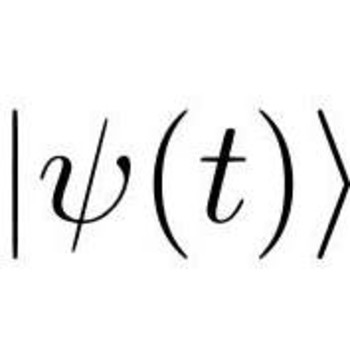How does addition of a catalyst affect the rate of [reaction]?
NOTE: Original question said "solution" for some reason...
- Truong-Son
Note 2: Is it OK if I change the topic to rate of reactions? I'll move it right here.
- Nam D.
NOTE: Original question said "solution" for some reason...
- Truong-Son
Note 2: Is it OK if I change the topic to rate of reactions? I'll move it right here.
- Nam D.
1 Answer
It increases the rate of reaction.
Explanation:
Adding a catalyst will increase the rate of reaction significantly. This works by lowering the activation energy needed to start the reaction. The reactants use an alternative pathway to get to the reaction. However the way it really works is beyond my knowledge to this point.
Some common catalysts include platinum in our car exhausts, nickel and palladium for the hydrogenation of oils to make margarine and butter, and finally iron in the Haber process to manufacture ammonia
I suggest reading this article to see an explanation of how a catalyst works:
http://ch302.cm.utexas.edu/kinetics/catalysts/catalysts-all.php

